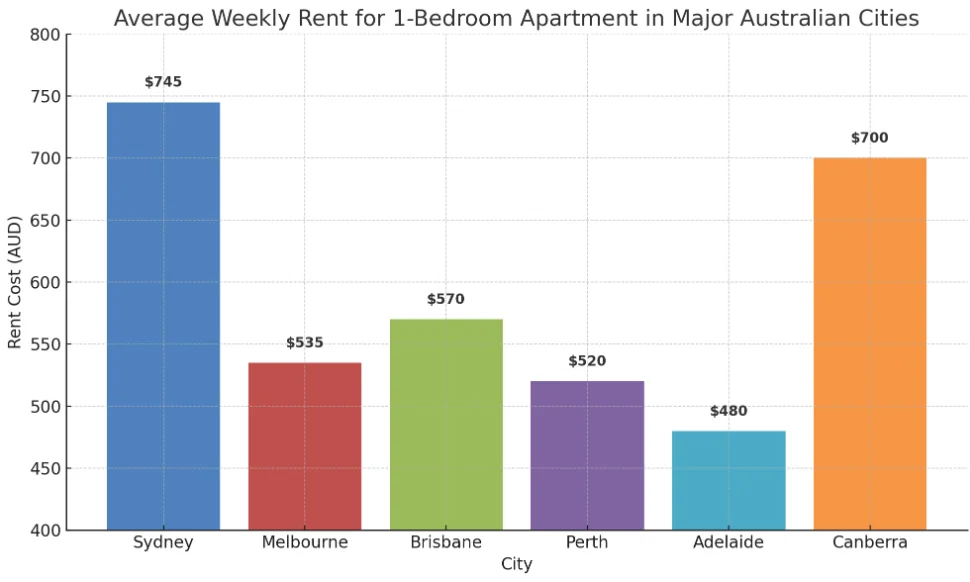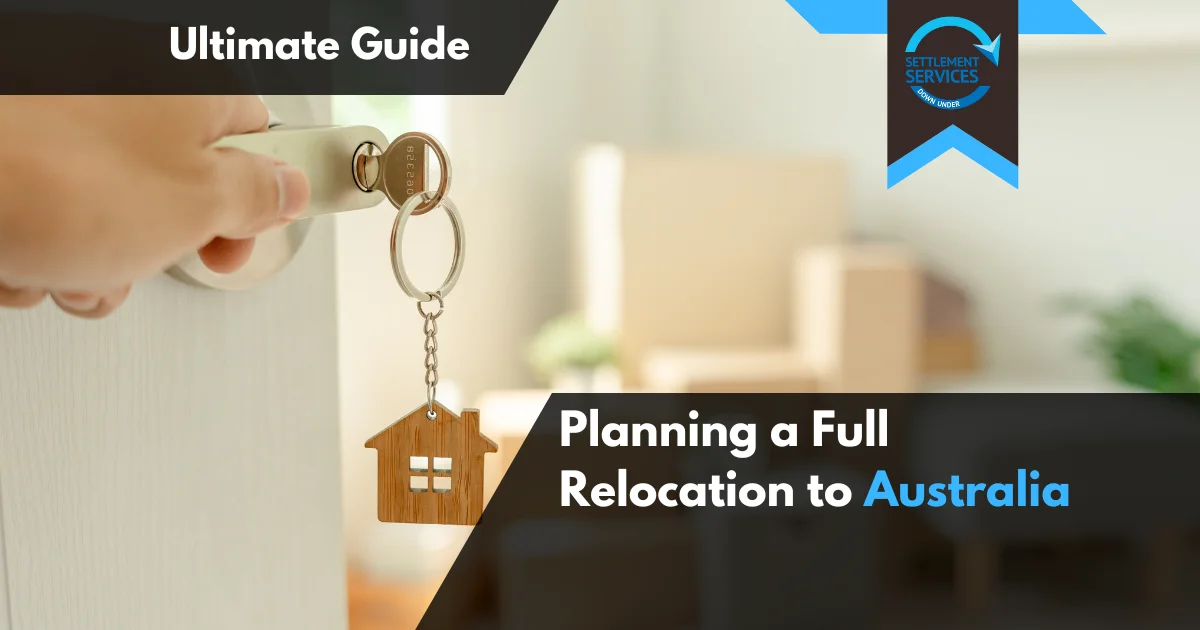Relocating to a new country can be both exciting and challenging, especially when it comes to finding a place to live. As a new migrant to Australia, securing accommodation is one of the first and most important steps in your journey. This guide will provide a comprehensive overview of the accommodation process in Australia, from short-term rentals to long-term leases, and what factors to consider before signing a contract.
1. Types of Accommodation Available
Australia offers a variety of housing options, depending on your needs, budget, and location preference. Here are some popular types of accommodations for migrants:
| Accommodation Type | Description | Average Weekly Rent (AUD) |
|---|---|---|
| Shared House | Renting a room in a shared house with other tenants | $150 – $250 |
| Studio Apartment | Small, self-contained unit, ideal for singles or couples | $300 – $450 |
| 1-Bedroom Apartment | Private apartment with one bedroom, suitable for individuals or couples | $400 – $600 |
| 2-Bedroom Apartment | Private apartment with two bedrooms, suitable for small families | $550 – $800 |
| House Rental | A full house, generally more spacious and suitable for families | $600 – $1000+ |
Note: Prices vary significantly depending on the city and neighborhood.
2. Short-Term vs. Long-Term Accommodation
As a new arrival, you may want to start with short-term accommodation while you familiarize yourself with the area and search for long-term options.
- Short-Term Accommodation: Typically includes furnished apartments, hostels, and Airbnb options. This is ideal if you’re still exploring neighborhoods or waiting for a more permanent residence.
- Long-Term Accommodation: Commonly available through private rentals or shared housing. These options typically require a lease commitment, ranging from 6 to 12 months.
3. Key Factors to Consider When Choosing Accommodation
Location
- Proximity to Work and Public Transport: Consider access to public transport, especially if you don’t plan on owning a car.
- Community Facilities: Look for areas with nearby amenities like supermarkets, schools, and healthcare centers if you have a family.
Budget
- Deposit and Initial Costs: In Australia, a security deposit (usually 4 weeks’ rent) is often required. You’ll also need to budget for rent in advance and any utility setup fees.
Lease Terms
- Length of Lease: Standard leases are typically 6-12 months. Review the lease for terms on termination, maintenance responsibilities, and bond (security deposit) details.
- Furnished vs. Unfurnished: Some accommodations come furnished, but unfurnished rentals are more common and offer flexibility for long-term plans.
4. Steps to Secure Accommodation in Australia
- Set Your Budget and Requirements: Determine your preferred location, type of housing, and budget.
- Start Your Search Online: Popular websites like settlementservice.com.au, and Facebook Marketplace offer up-to-date listings.
- Arrange Property Inspections: Attend open house inspections to view the properties in person.
- Submit Your Application: Prepare a rental application, including references, identification, and proof of income.
- Negotiate and Sign Lease: Once approved, review the lease agreement carefully, negotiate terms if necessary, and sign the lease.
5. Top Cities for Migrants and Their Average Rent
To help you decide on a location, here is a chart showing the average weekly rent in popular Australian cities for a 1-bedroom apartment.

Note: Rent prices are approximate and subject to change.
6. Tips for Migrants to Secure Accommodation Quickly
- Prepare Your Documents: Landlords may require identification, proof of income, and references, so have these ready to expedite the process.
- Consider Living with Roommates: Shared accommodations are often more affordable and can be a way to meet new people.
- Be Flexible with Location: Expanding your search area may reveal more affordable options.
- Explore Alternative Housing: Student housing and co-living spaces offer flexible options for short-term stays.
Common FAQs for New Migrants Renting in Australia
- What is the average rental bond amount?
- Bonds typically equal four weeks of rent, held as a security deposit for the property.
- Are utilities included in rent?
- Utilities like electricity, gas, and internet are often separate. Clarify this with your landlord or rental agency.
- How does rental payment work?
- Most rentals require rent payments weekly, fortnightly, or monthly. Payments are typically made via bank transfer.





